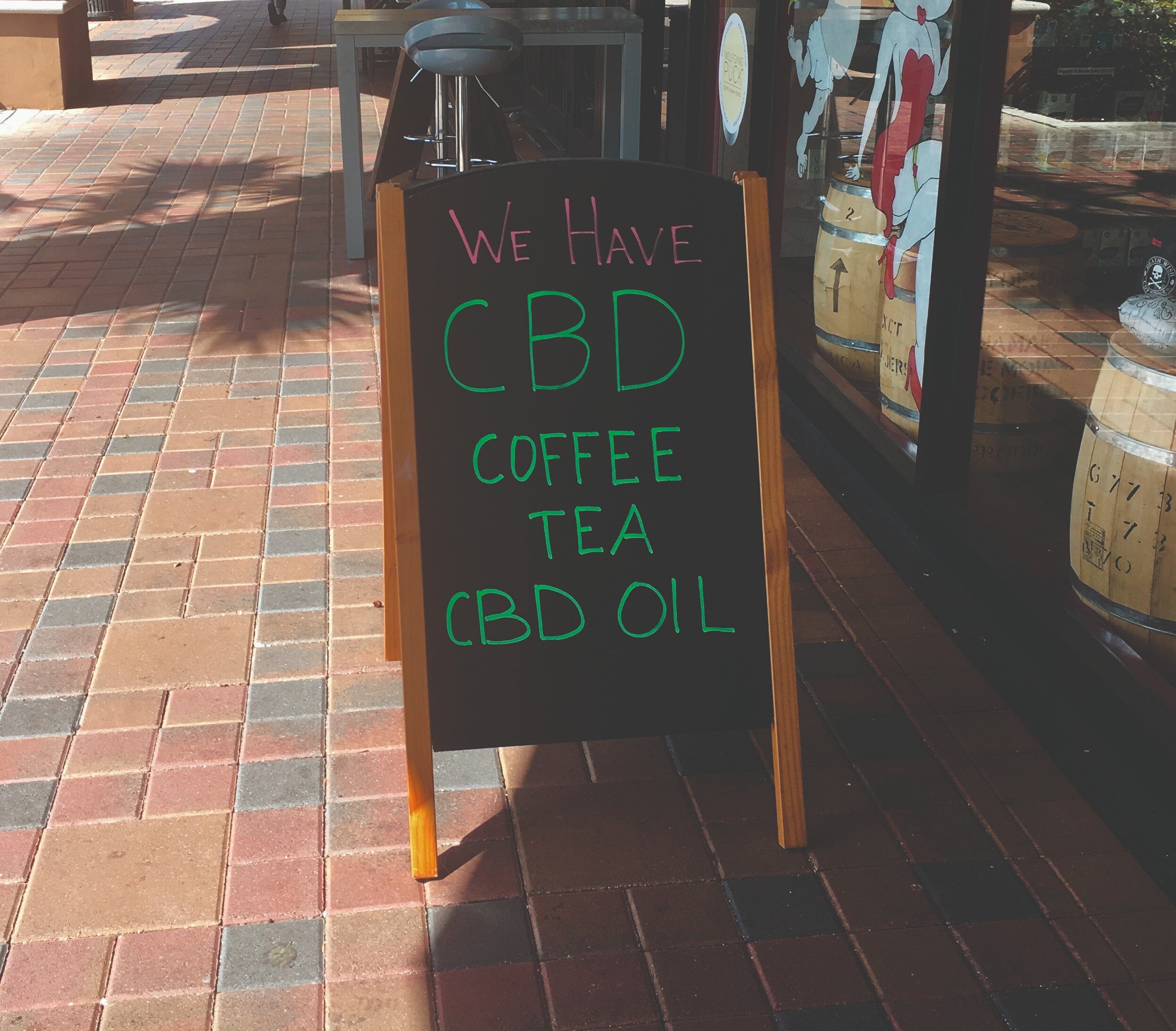How to... sell products containing CBD oil
There are extra rules when it comes to adding CBD oil to foodstuffs, so it pays to know before cashing in on the craze, says James Daglish
Cannabidiol, or CBD, is one of the hundreds of chemicals found in the different varieties of cannabis plant. It can be extracted and mixed with oil, such as coconut oil, to create so-called CBD oil.
Cannabis and most of its derivatives are illegal in the UK, as is the growing of any cannabis plants. There are, however, certain exceptions. Cultivation of what is generally referred to as ‘industrial hemp’ is permissible in the UK under licence from the UK government.
Importantly, the strain grown must contain less than 0.2% of tetrahydrocannabinol (THC), which is the chemical in cannabis that gets you ‘high’. When CBD oil is created from a legal source, the CBD oil itself will be legal.
Do I need a licence to sell products containing CBD oil?
In short, no. Not for sale by retail. Clearly the products must be within the legal parameters and sourced from a reputable supplier who has acquired the CBD oil from a legal source.
In the UK, that would be from a licenced grower. This is certainly something that hospitality businesses need to be aware of, given that CBD oil products ranging from craft beer to spa beauty treatments are becoming widespread in the sector.
Does CBD oil get you high?
No. CBD oil contains no or very little THC. So no matter how much you take, it won’t get you high.
What are the top legal tips when selling CBD oil products?
The safest way to be sure of the quality of the product and its legality is to buy from a reputable UK-based supplier. They in turn should be able to identify the ultimate source of the product. Good suppliers should be able to provide a chemical analysis showing that the THC content is at a lawful level and that the CBD oil came from a legal source.
Raids of shops selling CBD products – and arrests – have taken place this year in Plymouth, Brighton and London. These are salutary tales for the unwary. Some online suppliers are based abroad, often in the US and as these are unlikely to be compliant with UK legislation, they are almost certainly best avoided.
It is also worth noting that some products are being advertised as containing CBD oil when they actually contain a minute level or even none at all. That almost certainly amounts to a breach of Trading Standards rules.
There are extra rules when it comes to CBD oil in foods and other products that are meant to be ingested, such as strict labelling requirements and the fact that the supplier must have authorisation from the EU. In all cases, care should be taken not to claim any medical benefit.
Why are CBD oil products suddenly so popular?
CBD was first discovered in 1940, so it is not new, nor is its legal status. The current trend seems in part to have come out of a number of studies linking CBD oil with improvements in anxiety, reduction in pain and anti-inflammatory qualities. None of those claims, it has to be underlined, have been proven scientifically.
There has, of course, also been a recent high-profile liberalisation of cannabis laws in certain Western countries, notably Canada and the US. That has, perhaps, shone more of a spotlight on cannabis-related products. In any case, it is clearly a live market with plenty of distance left in it and with profit to be made.
What about the future?
While the CBD oil trend will likely add to the shift in mood and attitude to cannabis, don’t hold your breath on legalisation of the THC-laden stuff. That seems to be coming, but still has quite some distance to go.
James Daglish is a partner and head of licensing at Goodman Derrick LLP


















